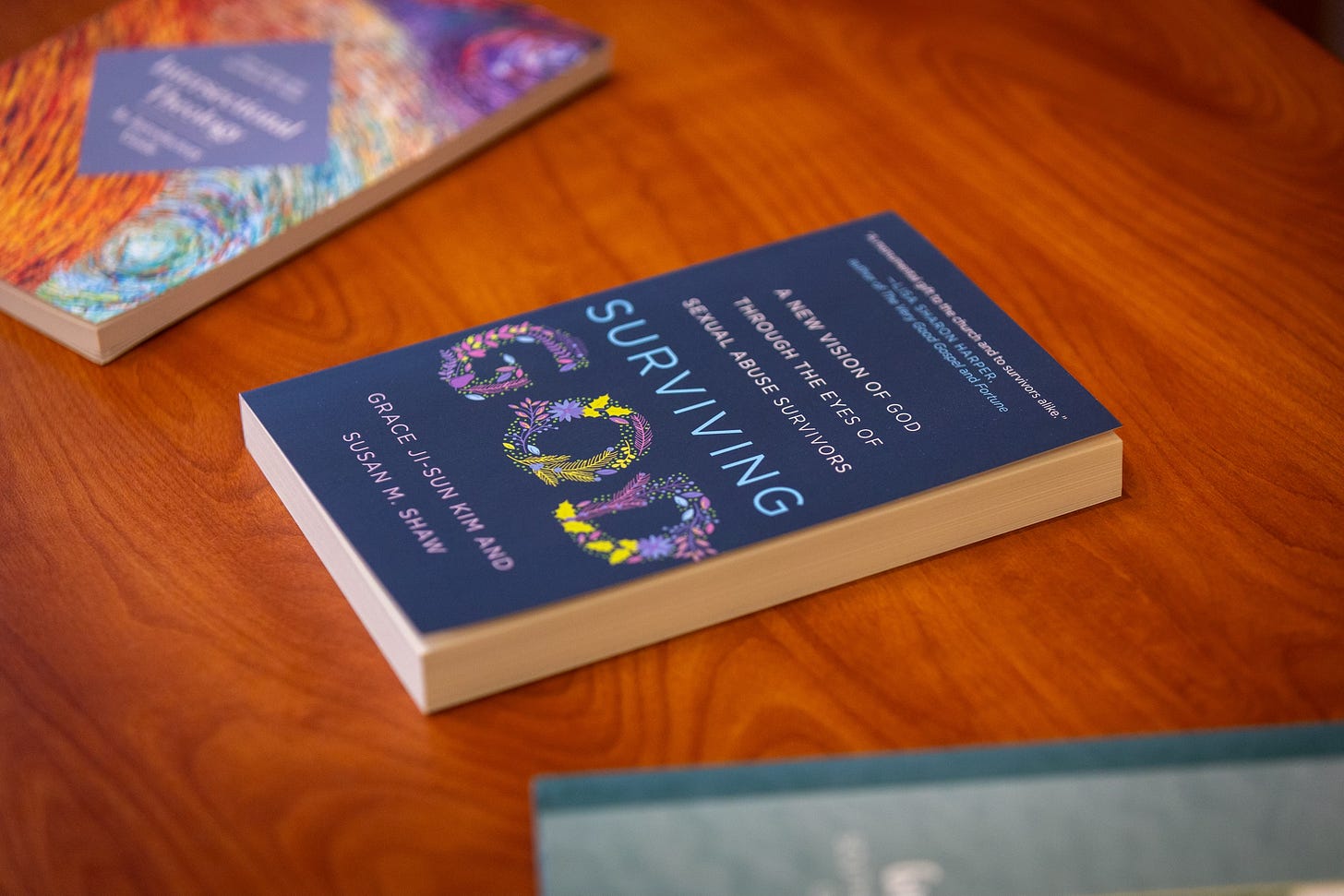Excerpt from "Surviving God"
Surviving God co-written with Susan Shaw was released a few weeks ago. Below is a short excerpt from the Introduction of Surviving God. We hope you get a chance to read our new book and use it in churches, study groups, classrooms, and book clubs.
Surviving God Excerpt:
Surviving sexual violence has lasting negative impact and continues to send ripples ac…
Keep reading with a 7-day free trial
Subscribe to Loving Life to keep reading this post and get 7 days of free access to the full post archives.




